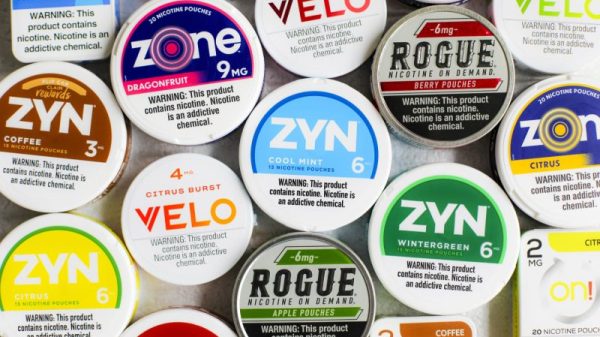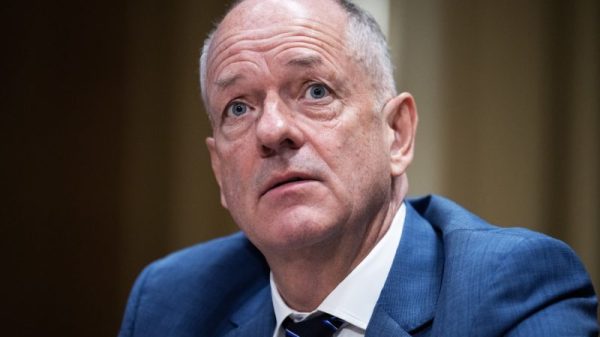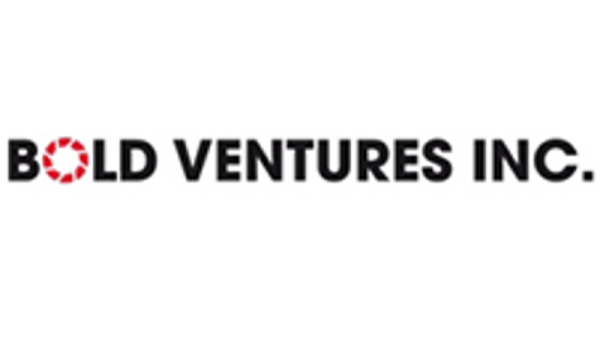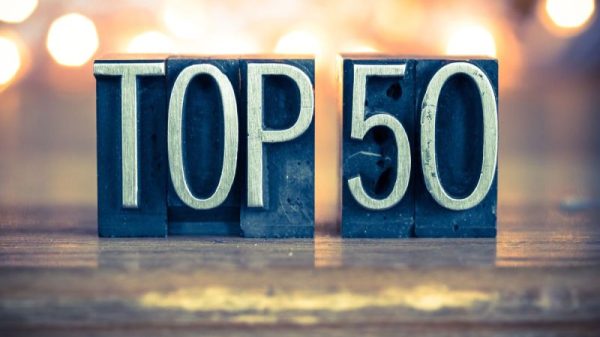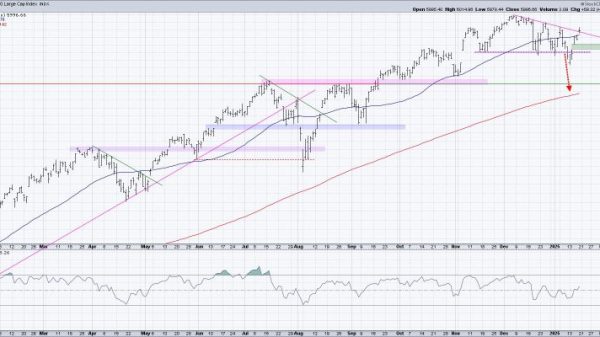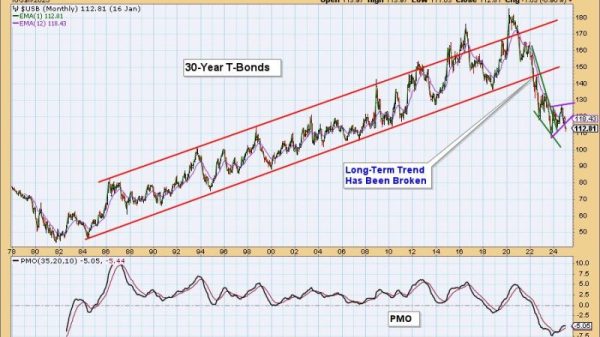Prime Minister Justin Trudeau announced his resignation on Monday, saying he intends to step down from the top job and as the leader of Canada’s ruling Liberal Party once a new party leader is chosen.
“I intend to resign as party leader, as prime minister, after the party selects its new leader,” the 53-year-old leader told reporters at a news conference in Ottawa on Monday.
Canada’s parliament will be suspended until March 24 while a new Liberal Party leader is chosen, he also said.
Trudeau added that he has “one regret” – failing to reform Canada’s election process, ahead of a general election expected this fall.
“If I have one regret, particularly as we approach this election — well, probably many regrets that I will think of,” the outgoing leader said. “But I do wish we’d been able to change the way we elect our governments in this country so that people could simply choose a second choice, or a third choice on the same ballot.”
How did we get here?
Trudeau, leader of the Liberal Party for 11 years and prime minister for nine, was facing a mounting set of crises, from Donald Trump’s tariff threats to the resignation of key allies and disastrous opinion polls. His resignation could be seen as choosing to jump before he is pushed, ahead of a general election to be held later this year that he is widely expected to lose.
Trudeau took the Liberals to power in 2015, promising “sunny ways” for Canada. He championed progressive issues like combating climate change and addressing historic abuses against Indigenous peoples, but the latter years of his premiership have been marked by rising economic discontent.
A viral confrontation with a steel worker, who criticized Trudeau for not addressing the high cost of living, captured the growing discontent among Canadians.
“You’re not really doing anything for us, Justin,” the worker remarked, highlighting a sentiment that resonated widely.
Trudeau’s government was also rocked last year by the surprise resignation of Deputy Prime Minister and Finance Minister Chrystia Freeland, just hours before she was due to deliver her annual fiscal update.
In a blistering letter of resignation, she criticized Trudeau’s “political gimmicks,” likely referring to a two-month sales tax holiday and 250 Canadian dollar ($175) rebates for most workers.
Freeland said Canada could “ill afford” these policies, seen as a pre-election handout to claw back some voters, and coming as the country faces the serious prospect of huge tariffs which could be levied by the incoming Trump administration.
US President-elect Donald Trump, set to return to the White House on January 20, has said he will sign an executive order imposing a 25% tariff on all products coming into the US from Canada. Trump has also taken to belittling Trudeau and the country of Canada on social media, referring to the prime minister as the “governor” of the “Great State of Canada.”
What comes next?
The Liberal Party national executive, which controls leadership issues, is scheduled to meet this week, likely after the caucus. Suspending parliament is designed to give the party time to choose a new leader.
Possible replacements include the former governor of both the Bank of England and Bank of Canada Mark Carney, foreign minister Mélanie Joly, and former deputy prime minister Chrystia Freeland.
The hope is that a new party leader could bring the Liberals out of their funk, before a general election set to be held on or before October 20. Current polls show Trudeau’s Liberal Party behind the opposition Conservative Party, led by the firebrand Pierre Poilievre.
“This country deserves a real choice in the next election and it has become clear to me that if I’m having to fight internal battles, I cannot be the best option in that election,” said Trudeau on Monday.
Trudeau was elected three times, most recently in 2021, when he remained in power but lost his governing majority. Since then, Poilievre’s Conservative Party has built a lead over the Liberal Party of more than 20% in national polling averages.
Trudeau told reporters on Monday that Poilievre’s conservative vision “is not the right one for Canadians.”
“Stopping the fight against climate change doesn’t make sense. Backing off on the values and strength and diversity that Canada has always, always, worked to pull itself together on is not the right path for the country. Attacking journalists, the CBC institutions, that’s not what Canadians need in this moment. We need an ambitious, optimistic view of the future – and Pierre Poilievre is not offering that,” he said.
What others are saying
Reacting to Trudeau’s resignation Monday, President-elect Trump doubled down on the idea that Canada and the US should merge.
“Many people in Canada LOVE being the 51st State. The United States can no longer suffer the massive Trade Deficits and Subsidies that Canada needs to stay afloat. Justin Trudeau knew this, and resigned,” he said on Truth Social.
“If Canada merged with the U.S., there would be no Tariffs, taxes would go way down, and they would be TOTALLY SECURE from the threat of the Russian and Chinese Ships that are constantly surrounding them. Together, what a great Nation it would be!!!” he added.
Poilievre, who has already found currency with the MAGA base, bolstering his position as a potential candidate for this year’s general election amid an incoming Trump administration, also seized on Trudeau’s resignation to make an offer to Canadian voters.
“Canadians can take back control of their lives and their country,” Poilievre said in a video post on X. “Take back control of our border. Take back control of immigration. Take back control of spending, deficits and inflation.
“We’ll cap spending, axe taxes, reward work, build homes, uphold family, stop crime, secure borders, rearm our forces, restore our freedom and put Canada first,” he said.
And Freeland, a possible contender to replace Trudeau, who said in December that she and Trudeau had “found ourselves at odds about the best path forward for Canada,” thanked him for his service on Monday.
“I thank Justin Trudeau for his years of service to Canada and Canadians. I wish him and his family the very best,” she wrote on X.
Trudeau said at Monday’s press conference that he had hoped Freeland would continue as his deputy, “but she chose otherwise,” declining to provide more detail on their conversations.


